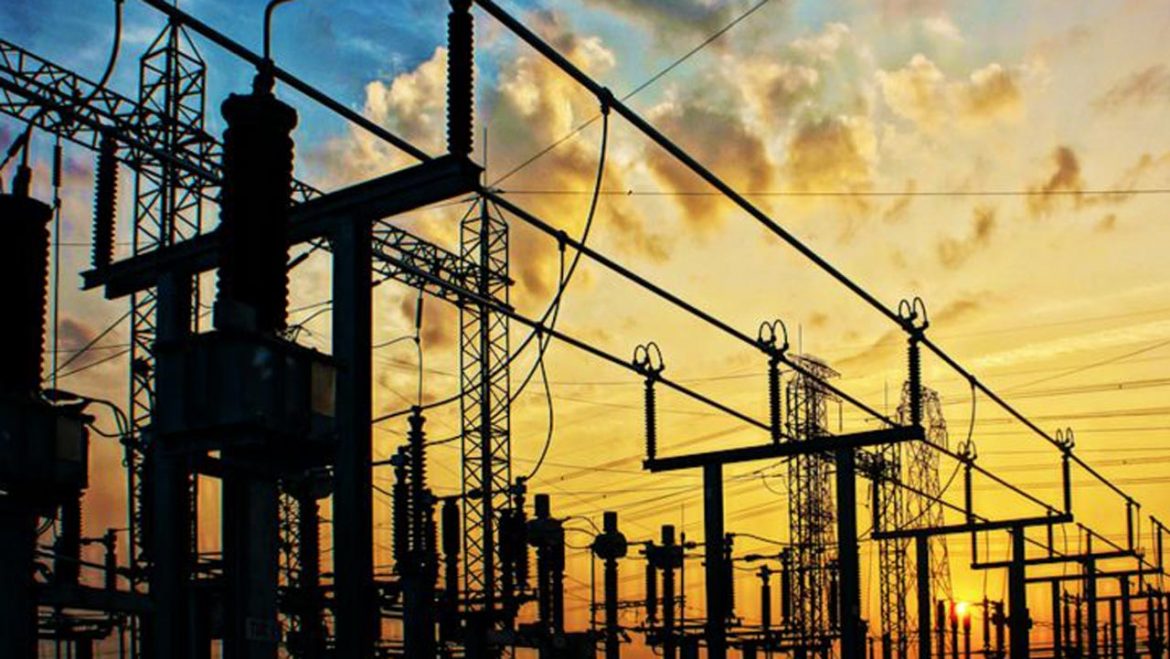728
By Daniel Adaji
The Nigerian electricity sector recorded a downturn in the fourth quarter of 2024 as the electricity production index declined by 1.64 per cent year-on-year, according to data from the latest Central Bank of Nigeria report.
This marks a reversal from the 5.55 per cent growth recorded in the third quarter of 2024, highlighting persistent challenges in the country’s power sector.
Despite this decline, the Nigerian economy experienced a broad-based expansion in Q4 2024, with 21 out of 22 subsectors reporting positive growth.
On a quarter-on-quarter basis, however, the electricity subsector showed signs of recovery, as the index rose by 22.50 per cent compared to a significant decline of 49.46 per cent in the previous quarter.
The average estimated electricity generation also increased by 2.34 per cent to 4,206.50 megawatts per hour (MW/h) from 4,110.47 MW/h in Q3 2024. Similarly, electricity consumption saw a modest rise of 2.63 per cent, reaching 4,105.66 MW/h from 4,000.24 MW/h in the preceding quarter.
The economic expansion witnessed in Q4 2024 can be attributed to improved business confidence, increased consumer spending, and enhanced performance in key sectors such as agriculture, manufacturing, and telecommunications.
Government fiscal and monetary policies aimed at stabilizing inflation and boosting investment also contributed to the positive momentum.
According to the CBN, the improved electricity output was largely driven by enhanced gas supply to thermal power stations and the ongoing implementation of the Siemens Power Project, which has significantly impacted power generation, transmission, and distribution networks.
The oil and gas sector also benefited from relatively stable crude oil prices and improved domestic production, which bolstered overall economic output.
Additionally, the non-oil sector, particularly fintech and digital services, played a crucial role in driving economic activities.
Despite the slight improvement in quarter-on-quarter electricity output, the power sector continues to struggle with infrastructural deficiencies, liquidity issues, and transmission bottlenecks. The year-on-year decline in electricity production indicates that systemic challenges remain unresolved, necessitating targeted policy interventions.
The Siemens Power Project, expected to mitigate some of these challenges, has shown early signs of impact. However, industry stakeholders stress the need for sustained investment and reforms to ensure long-term stability in power generation and distribution.
Recently, the Niger Delta Power Holding Company called for urgent presidential intervention to secure funding for ongoing power projects and settle outstanding payments owed to Generation Companies stating that “the power sector faces severe liquidity challenges, with over N4 tn owed to GenCos, hindering their ability to operate efficiently.”



